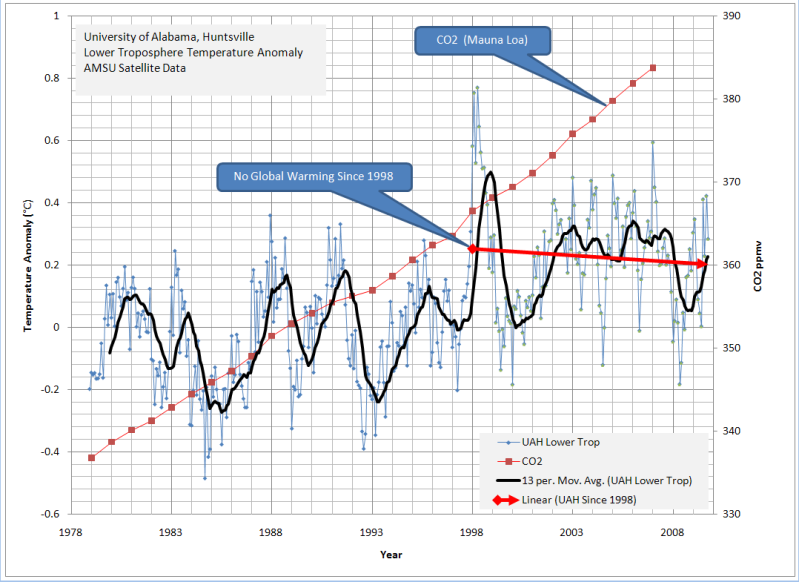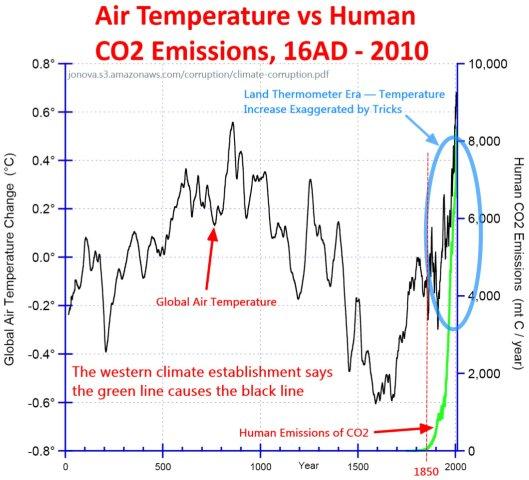 mike777, on 2012-October-03, 19:55, said:
mike777, on 2012-October-03, 19:55, said:
there is a huge difference between basic research or giving money for education and crony capitalism...again in full context....
Clearly you dont see it..
Clearly I don't, thats why I am asking. I wish you would explain intead of hiding between a faux claim of a lack of context.
How would you give a portion of the billions to basic research without the government picking winners and losers.
Its a question, not a claim, what is so hard about answering it.

 Help
Help






